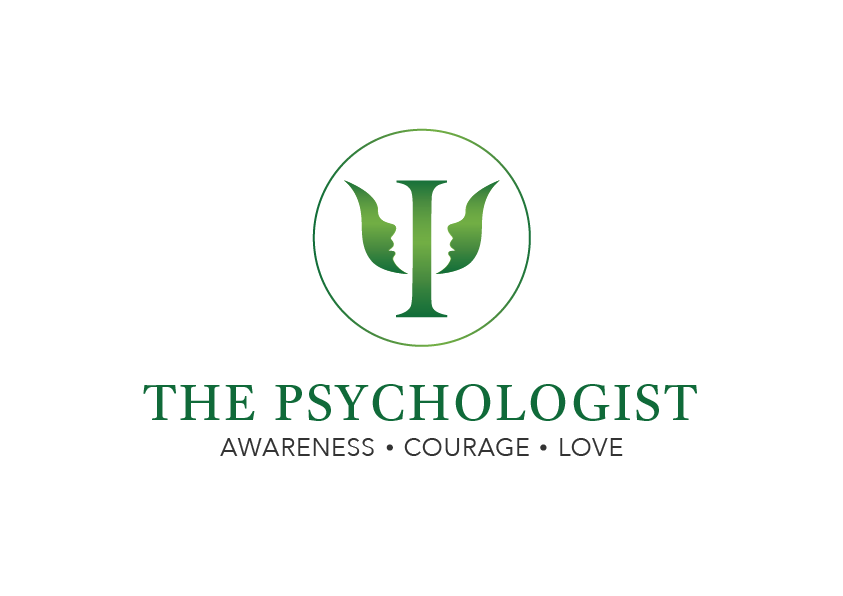Facing the Crowd: Understanding Social Anxiety in Singapore
At first glance, Amanda looked like any other young professional in Singapore, well-spoken, diligent, and polite. But underneath that poised exterior was a storm. Every Monday morning meeting triggered dread. Just the thought of sharing her opinions out loud made her palms sweat, her voice quiver. She often rehearsed her words a dozen times, yet still struggled to speak. What Amanda experienced wasn’t simple nervousness, it was social anxiety.
What Is Social Anxiety?
Social Anxiety Disorder (SAD), also known as social phobia, is more than shyness. It is an intense, persistent fear of being judged, humiliated, or rejected in social or performance situations. Individuals may avoid public speaking, eye contact, or social events, not due to lack of interest but out of overwhelming anxiety.
According to The Lancet, SAD typically begins early, by age 11 in about half of those affected, and is one of the most common anxiety disorders globally. In Singapore, rising mental health awareness has spotlighted how SAD affects youths and adults alike. The National Youth Mental Health Study found that many youths today avoid social gatherings out of fear of judgment . With a culture that often prizes excellence and conformity, the pressure to perform and “fit in” can intensify these fears.
How It Manifests
People with social anxiety often:
Worry excessively about embarrassing themselves
Avoid social situations or endure them with great distress
Experience physical symptoms such as sweating, trembling, or a racing heart
Replay social interactions over and over, analyzing what they “did wrong”
They may appear withdrawn or aloof, yet inside, they crave connection.
Why It Matters
SAD can impact education, career progression, and relationships. Left unaddressed, it often co-exists with depression, substance use, and low self-esteem. A person may forgo opportunities, presenting in class, attending a networking event, or going on a date, because the anxiety is too overwhelming.
In Singapore, where group discussions, presentations, and networking are common across school and work life, individuals with SAD may silently suffer. They may hesitate to seek help due to stigma, or mislabel their experience as “just being shy.”
The Cultural Lens
Social anxiety doesn’t occur in a vacuum. Cultural expectations shape how it's experienced and expressed. In collectivist cultures like Singapore’s, the emphasis on harmony, respect, and achievement may magnify fear of social failure. According to researchers Hofmann and Hinton, conditions like Taijin Kyofusho, a culture-specific form of social anxiety marked by fear of offending others, reflect how cultural norms shape psychological distress.
The Path Forward: Awareness, Courage, Love
At The Psychologist, we believe that healing begins with awareness, naming what you’re feeling and recognising that you’re not alone. It takes courage to speak up, to seek support, and to challenge the inner critic that holds you back. And with love, for yourself and from those who walk beside you, growth is possible.
Evidence-based therapies like Cognitive Behavioural Therapy (CBT), Exposure Therapy, and Acceptance and Commitment Therapy (ACT) have been shown to help individuals manage social anxiety. Support groups, mindfulness practices, and compassionate counselling can also make a difference.
You don’t have to keep avoiding the crowd.
When you’re ready, we’re here to walk with you, quietly, steadily, and without judgment.
Visit www.thepsychologist.com.sg or connect with us below. Let’s take that next step together.
